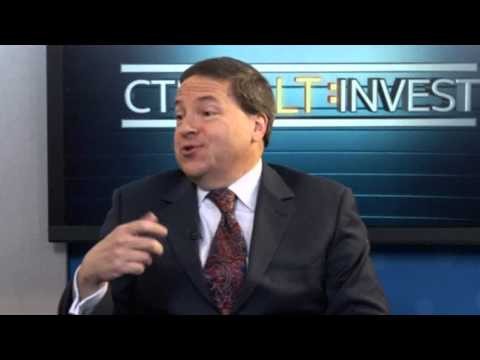Strategic European equities ETFs outperform lure
Post on: 14 Июнь, 2015 No Comment

NEW YORK May 7 (Reuters) — Exchange-traded funds that choose stocks based on alternative growth, momentum and value factors are winning U.S. investors in the European equities market as they outperform the traditional market-capitalization weighted indexes.
These U.S.-listed ETFs, known as smart beta funds, exist in the space between active and passive management. They take a rules-based approach, buying companies that are components of indexes that are created by weighing factors like dividend yield, sales growth or stock price moves.
That approach skews these indexes away from the largest multinational companies, which tend to trade at higher price-earnings multiples than small- and mid-cap companies.
The approach currently is proving attractive in Europe, which is in economic recovery.
As the markets emerge from a recession, smaller and mid-cap stocks do better as they’re more tied in with the local economies, said Todd Rosenbluth, director of ETF and mutual fund research at S&P Capital IQ.
WisdomTree’s Europe SmallCap Dividend Fund, which is up 8 percent year-to-date, and First Trust’s Europe AlphaDEX Fund, which is up 6.7 percent year-to-date, are outperforming their benchmarks — the MSCI Europe Small Cap Index, up 5.9 percent year-to-date, and the MSCI All Country Europe Investable Markets Index, up 3.7 percent, respectively. First Trust’s STOXX European Select Dividend, another alternatively weighted fund that selects the highest dividend-paying companies in the region, is up 8.4 percent this year. These funds are also outperforming broader European equities ETFs this year.(Graphic of fund performance: link.reuters.com/puh29v )
Investors have responded. WisdomTree’s DFE fund has seen its assets more than double since Jan. 1 to nearly $1.7 billion, reporting the most asset growth in Morningstar’s universe of some 353 smart beta funds. First Trust’s AlphaDEX fund has added $353 million in assets through the end of April, according to Morningstar data. With the success of DFE, WisdomTree on Wednesday launched another Europe dividend growth ETF.
By narrowing in on growth and value factors, the funds allow U.S. investors to gain exposure to companies like German telecommunications firm Drillisch AG, which has gained 28 percent so far this year, and Madrid-based construction company Obrascon Huarte Lain, S.A. up 14.6 percent this year. Those companies would not be included in a more traditional market cap-weighted ETF, like the Vanguard FTSE Europe ETF and the iShares MSCI EMU ETF, because of their sheer size.
The smart beta ETFs allow investors to be more granular in their choices, said David Garff, president of Walnut Creek, California-based Accuvest Global Advisors.
Yes, I do like Europe, but I like specific parts of Europe, not Europe in general, he said.
GROWTH IN SMART BETA
Non-market-cap-weighted ETFs, also referred to as strategic beta and alternative beta by many in the industry, are part of one of the fastest-growing segments of the global $2.4 trillion ETF market, according to analysts.
Both institutional and retail investor interest in these strategies have accelerated in the past several years, a group of Moody’s analysts wrote in a recent report. It still has substantial room to grow.
Between 1969 and 2011, traditional, market cap-weighted indexes lagged the alternatively weighted indexes by as much as 2 percent a year, according to a study from Cass Business School in London published last year.

But the smart beta ETFs are not without risk. Should Europe pivot to a recessionary economy, these funds could fall faster than their plain vanilla counterparts.
If the European economy shows signs of weakness and or certain local European markets show signs of weakness, then these ETFs because of their smaller-cap nature are more likely to get hurt, Rosenbluth said.
In 2011, for example, as the broader European equities markets sold off, WisdomTree’s DFE fund fell 23.3 percent, while Vanguard’s VGK fund fell only 15.6 percent.
Furthermore, these strategic funds often come at heftier prices.
Management fees for the First Trust AlphaDEX ETF are $80 a year for every $10,000 invested, while the Vanguard VGK ETF, a market-cap fund, charges only $12 for every $10,000 invested. Compounded over years, that can make a significant difference to a long-term investor.
Jonathan Horton, president of global index provider FTSE’s North America group, said he has already seen a growing number of ETF issuers coming to FTSE who are interested in building funds based on alternatively weighted indexes.
There’s a high level of competitive drive for differentiation, Horton said. Unambiguously we’ve seen more demand for beta strategies. (Reporting by Ashley Lau; Editing by Linda Stern and Leslie Adler)














